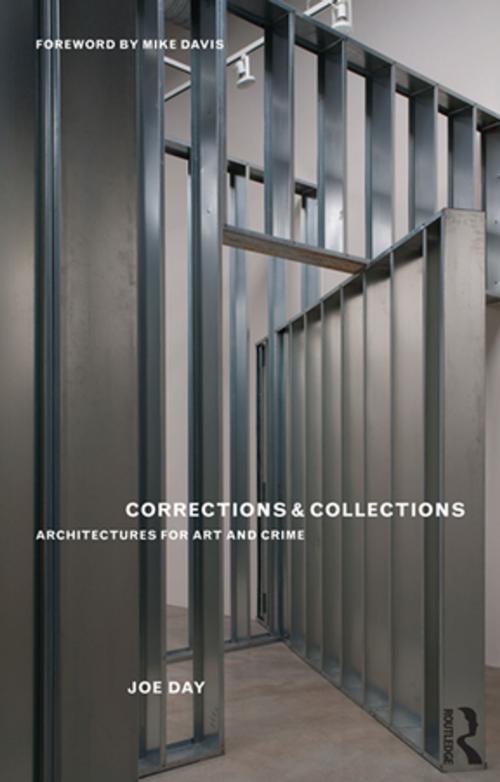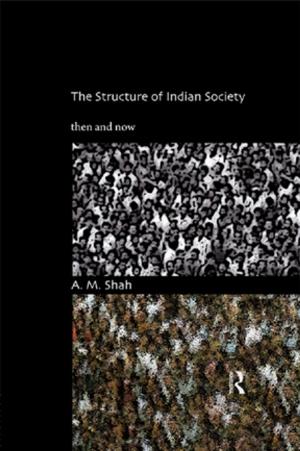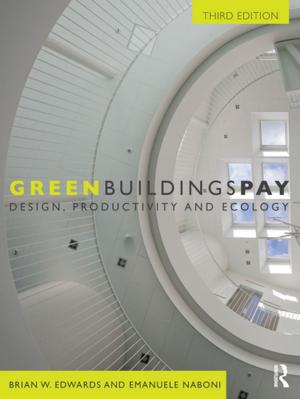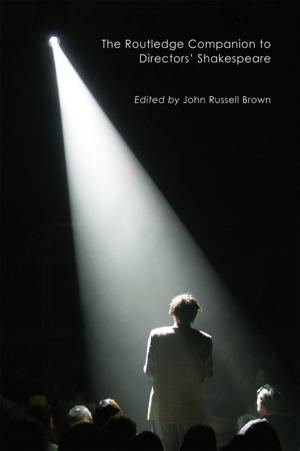Corrections and Collections
Architectures for Art and Crime
Nonfiction, Art & Architecture, Architecture, Design & Drafting, Social & Cultural Studies, Social Science, Crimes & Criminals, Penology, Criminology| Author: | Joe Day | ISBN: | 9781135040833 |
| Publisher: | Taylor and Francis | Publication: | August 21, 2013 |
| Imprint: | Routledge | Language: | English |
| Author: | Joe Day |
| ISBN: | 9781135040833 |
| Publisher: | Taylor and Francis |
| Publication: | August 21, 2013 |
| Imprint: | Routledge |
| Language: | English |
America holds more than two million inmates in its prisons and jails, and hosts more than two million daily visits to museums, figures which represent a ten-fold increase in the last twenty-five years. Corrections and Collections explores and connects these two massive expansions in our built environment.
Author Joe Day shows how institutions of discipline and exhibition have replaced malls and office towers as the anchor tenants of U.S. cities. Prisons and museums, though diametrically opposed in terms of public engagement, class representation, and civic pride, are complementary structures, employing related spatial and visual tactics to secure and array problematic citizens or priceless treasures. Our recent demand for museums and prisons has encouraged architects to be innovative with their design, and experimental with their scale and distribution through our cities. Contemporary museums are the petri dishes of advanced architectural speculation; prisons remain the staging grounds for every new technology of constraint and oversight.
Now that criminal and creative transgression are America’s defining civic priorities, Corrections and Collections will recalibrate your assumptions about art, architecture, and urban design.
America holds more than two million inmates in its prisons and jails, and hosts more than two million daily visits to museums, figures which represent a ten-fold increase in the last twenty-five years. Corrections and Collections explores and connects these two massive expansions in our built environment.
Author Joe Day shows how institutions of discipline and exhibition have replaced malls and office towers as the anchor tenants of U.S. cities. Prisons and museums, though diametrically opposed in terms of public engagement, class representation, and civic pride, are complementary structures, employing related spatial and visual tactics to secure and array problematic citizens or priceless treasures. Our recent demand for museums and prisons has encouraged architects to be innovative with their design, and experimental with their scale and distribution through our cities. Contemporary museums are the petri dishes of advanced architectural speculation; prisons remain the staging grounds for every new technology of constraint and oversight.
Now that criminal and creative transgression are America’s defining civic priorities, Corrections and Collections will recalibrate your assumptions about art, architecture, and urban design.















